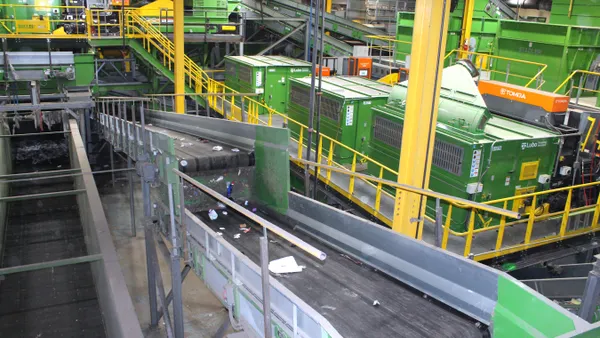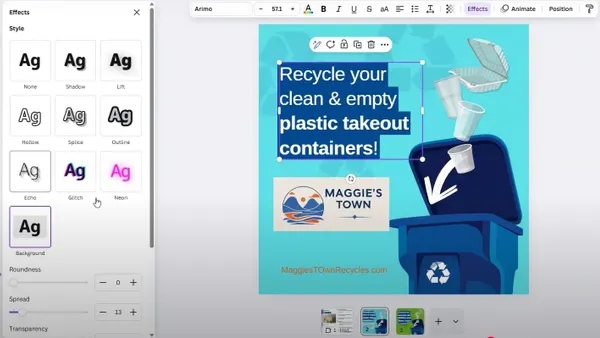Dive Brief:
- Apple customers in the United States can now take old phones to Best Buy stores to be recycled by "Daisy," the robotic system that disassembles iPhones for recycling components, according to three big announcements the company made last week. Customers in the Netherlands can take their old devices to KPN retailers.
- Apple also announced it will be working harder to recycle cobalt, a rare material used in batteries. The company is "for the first time" sending recovered cobalt upstream in its production cycle and combining it with scrap from other sites, creating "a true closed loop for this precious material."
- Lastly, the company announced the opening of a 9,000 square-foot Materials Recovery Lab in Austin, Texas. Work in the lab will focus on advancing recycling by looking for "solutions involving robotics and machine learning to improve on traditional methods like targeted disassembly, sorting and shredding," the company said.
Dive Insight:
There are billions of electronic devices in households just across the U.S.; any steps to mitigate electronic waste and recycle material can be seen as a positive. Not only does e-waste take up valuable airspace in landfills, but it can leech dangerous chemicals into the environment and put waste workers at risk, as batteries can catch fire or even explode if not handled properly.
Apple's record, however, is mixed. Greenpeace cited the company in 2017 as one of the three biggest contributors to global e-waste production. Apple's practice of releasing new models of electronics frequently and without making old devices easy to repair has been criticized for creating tons of e-waste. The company does offer customers a credit for trading in old devices when purchasing new ones. Last year, it diverted more than 48,000 metric tons of electronic waste from landfill.
A reaction from iFixit, an industry thought leader on e-waste and repair, called Apple's Daisy a "stunt" that cannot keep pace with the speed of manufacturing, but said the company's other ideas — especially cobalt recycling — are good. The lab in Austin could be especially positive if it shares recycling innovations with the industry at large and tests findings with academic rigor.
The company has also been criticized for keeping so many trade secrets close to its vest, including techniques that could enable third-parties to more easily recycle or repair Apple devices. However, the company did announce recently it has begun to expand the number of third-party shops licensed to repair Apple devices, potentially signaling a changing of the tide.









